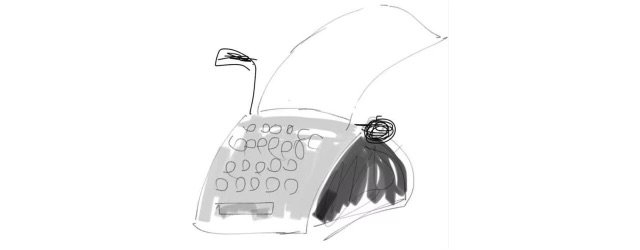Magisterium
Finalist for the Melbourne Prize for Literature
“While many poets looks for gists and piths, Joel Deane dares a more substantial look along ‘the corridor of mortality’. His diverse poems ask open questions about slaughter, about politics, about children, often coloured by what remains to us of the Trinity. He is never timid. And he can assert that, arching over our suffering or injustice, ‘the first terrorist / was nature’. These are poems of remarkable maturity”
“‘Your skin glowers in the night / like some exotic alloy’, writes Joel Deane in ‘Words that cannot float’. The public and the private intersect at a deep level in Joel Deane’s poetry. The politics of the agora colours and is coloured by the politics of self and its anxieties. Deane has various modes of address from sestina and villanelle through to experimental verse but, remarkably, manages to impress the reader with a resonant characteristic voice. That voice is burnished, sharp, capable of lyricism, fraying just a little but always energetic and prepared to leap”
“One minute Deane is a ruthless observer of human foibles. Next he’s sensitively peeling back the bandages of difficult domesticity. Then he’ll turn suspense-story teller in clean, rhythmic verse, then cast a satirical eye over some smug politician. This is moody, strikingly versatile poetry”
“In an interview with Cordite in 2006, when asked about the interplay between his work as speechwriter for the Premier of Victoria and his other life as a poet, Deane cited American poet Eleanor Wilner, who said of poets that, ‘We need to take back the rhetorical high ground from the politicians who degrade it.’ Deane went on express the hope that the poems contained in his next book might approach ‘the kind of apocalyptic public language’ hinted at by Wilner. Such ambitions can sound a little lofty, but Magisterium would seem to be a successful achievement of that goal ... ‘Apocalyptic’ is actually an apt way to describe this collection”
“In Joel Deane’s magnificent ‘Man to Woman’, which rework’s Judith Wright’s famous ‘Woman to Man’, the poem’s emotional impact is all the more devastating because this engagement with tradition lends it a sense of enduring time and experience”
“His work is not political as much as confessional a la Sharon Olds. His work is raw, evocative, implicating and, ultimately, gutting”
“Magisterium is an intricate collection. There is a subtlety to this poetry that defies any crude attempt to label it ‘political’, while politics remains a deep and orienting awareness in all of Deane’s verse ... This volume, as with his last, is haunted by Deane’s children lost in childbirth, yet one of its last poems, dedicated to his daughter allows a note of healing, however difficult: ‘When, in that perfect moment, I first hold you, / and golden light refracts the lens / of this obsidian heart.’ Obsidian or not, it is clear that there is a fierce, real heart driving Deane’s poetry and, like Judith Wright’s, it attempts to span this whole country. He is also a poet who cares about how Australia is represented in poetry. ‘Duyken 1606’, which traces the landing of the Dutch East India ship on Cape York Peninsula, is possibly one of our best poems about the first foreign encounters with this continent, written with a courageous sparseness that reveals yet another dimension of this fascinating poet”
“Poetry’s metre can be soothing, but it can also grab you by the throat: with verbal violence, maybe, but more persuasively with oblique imagery that forces you to follow carefully the lines of the poet’s thinking. Deane’s latest folio, his second, is darkly attractive, dealing in themes of love, death, displacement and the environment. A politician, a glimpse of beauty, the death of children, Cronulla, a marriage, butchery: Deane shifts his mood and style with the subject matter, but always speaks to the reader, man to man, as it were”
“Breathtaking ... This is a sure-footed and powerful collection which not only points a finger at governmental posturing, and the tragedies that humans create, but also provides a kind of solution and mythology to replace those that have failed us. It isn’t always easy to read, and best read slowly, so the impact of each poem can be allowed to unfold. This is poetry written at the limits of what our language can do; without sacrificing accessibility. It speaks to everyman; as conspirator; perpetrator; and fellow seeker”

